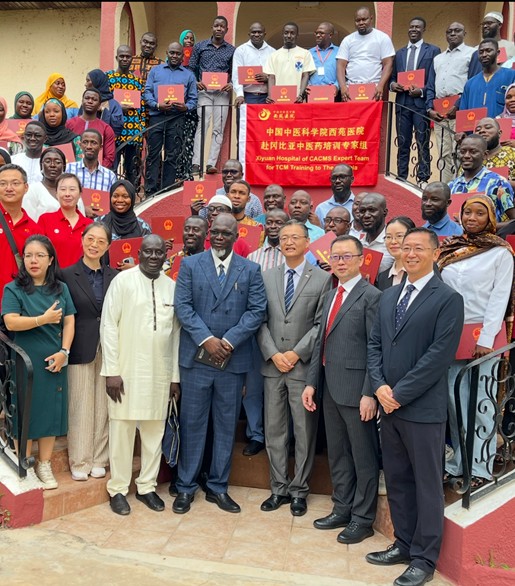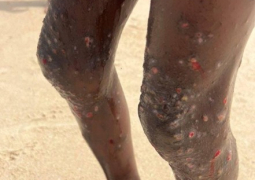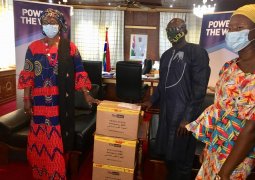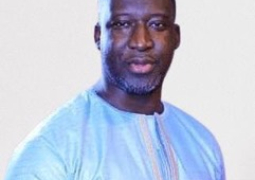
Delivering remarks at the event, Dr. Yusupha Touray, permanent secretary at the Ministry of Health, expressed profound appreciation to the Chinese government for its continue The Gambia’s health sector.
He revealed that the minister for Health had recently visited the Chinese Embassy to personally express gratitude, although he could not attend the ceremony. Dr. Touray described the training as “enriching and transformative,” stressing that it came at a critical time for a medical system in need of refresher courses, troubleshooting, and new knowledge to strengthen service delivery.
“In the past weeks, you exchanged knowledge, strengthened professional networks, and recommitted yourselves to safeguarding and improving the health sector for the benefit of our communities,” he noted. “The skills gained here must be applied, shared, and used to improve the lives of our people. You are the frontline in ensuring maximum benefit from this training.”
He praised the trainers for “changing mindsets” by demonstrating how China effectively blends traditional and modern medical systems including Tai Chi and other TCM practices.
“The training is not an event; it is a continuous journey,” he noted. “We will continue to engage to refine and strengthen our health systems, and we are grateful to our Chinese friends for their unwavering support.”
Dr. Abdoulie Keita, head of Gynaecology at Edward Francis Small Teaching Hospital, commended the trainers for introducing both new concepts such as meridians and Qiand familiar skills delivered in a more community-focused format.
“What impressed me most is the way the content was packaged. In public health, survival often depends not only on hospital care but on who sees a patient first,” he said. “These techniques can help a doctor, nurse, or even a passerby save a life.”
Dr. Keita shared a personal experience, noting that after three weeks of Tai Chi exercises, a shoulder pain he had been suffering disappeared. Initial skepticism about traditional Chinese medicine, he added, faded when many participants volunteered for acupuncture treatment during the final days.
He praised the training for creating the first structured interaction between modern medicine and Gambian traditional healing practices, calling it a “missed opportunity” that should now be embraced moving forward.
His Excellency Ambassador Liu Jin highlighted the programme as a key milestone in the China–Gambia relations, noting that 2025 is a crucial year for implementing outcomes of the FOCAC Summit and deepening bilateral cooperation.
Ambassador Liu: “Health cooperation remains at the heart of our partnership.”
“This training is a perfect example of capacity building,” he said. “It is also a pilot project, because we arranged an overseas training program here in The Gambia, while also inviting Gambian professionals to China.”
He revealed that over 260 Gambian health professionals have travelled to China this year for exchange and training programmes representing a significant portion of all Gambian participants invited to China’s international training schemes. Many were women and youth from local hospitals and public health institutions.
Ambassador Liu praised the discipline and dedication of the 53 participants, noting their active engagement in classroom sessions and Tai Chi exercises.
“Medical cooperation is not just about systems and technology,” he said. “It is about people. Looking ahead, China remains ready to deepen hospital-to-hospital partnerships, expand personnel training, promote appropriate technologies, and advance collaboration in health policy, disease control, and medical services.”





